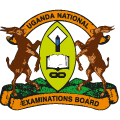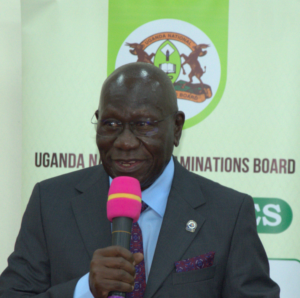The Uganda National Examinations Board ( UNEB) was initially established by an Act of Parliament in 1983, Cap 137 of the Laws of Uganda; legalizing all actions taken with effect from 1st July 1980 when it effectively started operating. This law was repealed and replaced by the UNEB Act No. 1, 2021.
It is mandated to conduct and manage examinations in Uganda for the end of the educational cycle at Primary and Secondary school level, as well as to conduct examination-related research.
STATUTORY FUNCTIONS OF UNEB
- conduct primary, secondary, and such other examinations within Uganda as it may consider desirable in the public interest;
- publish past examination papers;
- award certificates to successful candidates in such examinations;
- invite anybody or bodies outside Uganda, as it may think fit, and to jointly conduct academic and other examinations;
- award acceptable certificates to successful candidates jointly with the invited bodies;
- invite other bodies, as it may think fit, to conduct examinations and award acceptable certificates or diplomas;
- advise anybody or bodies so invited under paragraph (f) upon the adoption of examinations necessary for the requirements of Uganda and to assist any such body or bodies to conduct such examinations;
- make arrangements for the conduct of research and development of examination systems;
- make rules regulating the conduct of examinations and for all purposes incidental thereto.
Programs undertaken by UNEB
- Assessment and Certification of Primary Leaving Examination
- Assessment and Certification of Uganda Certificate of Education
- Assessment and Certification of Uganda Advanced Certificate of Education
- Equating of Results of Foreign Qualifications (PLE, UCE & UACE)
- Verification of results for PLE, UCE and UACE
- National Assessment of Progress in Education (P.3, P.6, and S.2)
- Research geared to improvement in the quality of assessment and certification
The UNEB Examination Cycle
- Registration of candidates
- Accreditation of Examination Centers
- Identifying and training of new Examiners
- Training of new examiners
- Preparation of question papers (setting, moderation, compilation, typesetting, proofing and banking)
- Printing and packing done in-house by staff resident in the Printery hostel under strict security measures
- Stakeholder engagements (field staff – Inspectors, Area and Centre Supervisors and personnel from Security agencies
- Field Conduct of Examinations
- Marking of examination scripts
- Release of results and certification

